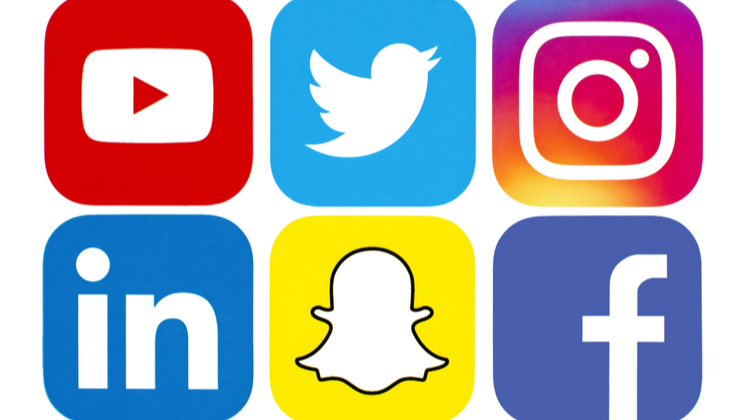
Photo Credit: Shutterstock
Elon Musk’s acquisition of Twitter has shaken up the social media space. Musk has introduced the notion that social media is a “product” that can be sold to consumers for a fixed monthly price, similar to a newspaper or magazine subscription.
This might sound like common sense to many people who grew up in the era of newspapers and magazines, but the past decade of social media has been based on a completely different principle. Facebook and Instagram have taught us that social media should be free, and paid for by advertisers.
Social media is no longer free, and that’s a good thing
Twitter Blue is the highest-profile example of a subscription-based social media model, but there are plenty of others. Snapchat has Snapchat+, which claims to have 2 million paid subscribers already, with everyone paying $3.99 per month for additional features. Reddit has Reddit Premium, which costs $5.99 per month and has been enticing subscribers with the ability to create custom avatars and have ad-free browsing experiences. Tumblr has Tumblr Ad-Free, and Meta (parent company of Facebook) has Meta Verified.
All of these subscription options seem to offer many of the same features. They include “identity markers” such as blue check marks, to let everyone know you are who you say you are. This is especially important for celebrities, influencers, and public figures. Some people are willing to pay Twitter $7.99 per month simply for the right to put a nice little blue check mark next to their name.
Other common features include the ability to increase the reach of every social media post, the chance to see fewer ads while on the platform, and a number of clever ways to improve the visual aesthetics of your content. Twitter also gives you the right to priority replies, the chance to use NFTs as your profile picture, the ability to edit past tweets, and the ability to have longer-than-normal 4,000-character tweets.
Are they worth it?
The obvious question to ask, of course, is whether these premium models are worth it. In many ways, this is the same question that consumers ask themselves everyday when shopping in a supermarket or at the local mall. They have a choice between a generic product (usually a store brand of some kind) and a premium product with a “name” brand on it. In most cases, a generic product will do just fine, but there are some times when only a premium branded product will do.
The same logic applies to the world of social media. In most cases, the generic (“free”) version of social media will do just fine. But for influencers and other individuals trying to build their brands online, then the premium product might be necessary. You might, for example, really need those extra 2,000 characters per tweet to make your case online if you’re an influencer. But if you simply use Twitter to send funny tweets during a ballgame, then you probably don’t need premium social media options.
Is this good for social media?
While the idea of paying for social media might sound odious to many, it actually might make the whole experience more enjoyable. If advertising is just one part of the revenue mix for the big social media companies, they might not spend so much time searching out new ways to sell our data to advertisers. And they might spend more time making their products actually enjoyable to use. In short, we will no longer be the product, and social media companies won’t have as many incentives to monetize our data.
So, while Elon Musk is certainly a controversial figure and a lightning rod for criticism, he’s actually taking a smart, long-awaited approach to social media. He is running his social media company the same way he is running his other companies. SpaceX doesn’t rely on advertising dollars to be profitable, and neither does Tesla. So why should Twitter?
The fact that an “ad-free browsing experience” is often part and parcel of subscription-based models tells you everything you need to know. Users hate these ads so much that they would be willing to pay money to never see them again! These new subscription-based models are proof that social media doesn’t have to be about the ads. Instead, it can be used by creators to publish high-quality content and bring genuine joy into our lives, the way it was originally intended to be used. Meanwhile, the rest of us can sit back and not worry about our data being sold to the highest bidder.